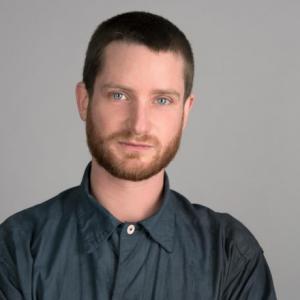PhD project
Avatars as substitutes for real people have long been part of our everyday reality. Artists like Marina Abramović, also use the latest technologies and have digital images made of themselves, performances of which can be experienced through the view (use) of virtual reality glasses. In addition, the new imaging processes are used in museums when it comes to the digital culture of remembrance. Avatars of survivors of the Holocaust, for example, will be able to convey their subjective experiences to future generations as an "interactive biography" long after their death.
The project asks about the substitute function in the various types of avatars that appear as posthuman bodies. The avatar types are examined in three areas (museum as a place of remembrance, art in contemporary contexts, social and societal lifeworld). The close relationships between image, body and medium are classified in terms of image science and cultural theory using the example of the avatar. Avatars, so the assumption, will be important socialization and enculturation factors for humans in a few years. They are already involved in the social construction of reality.

